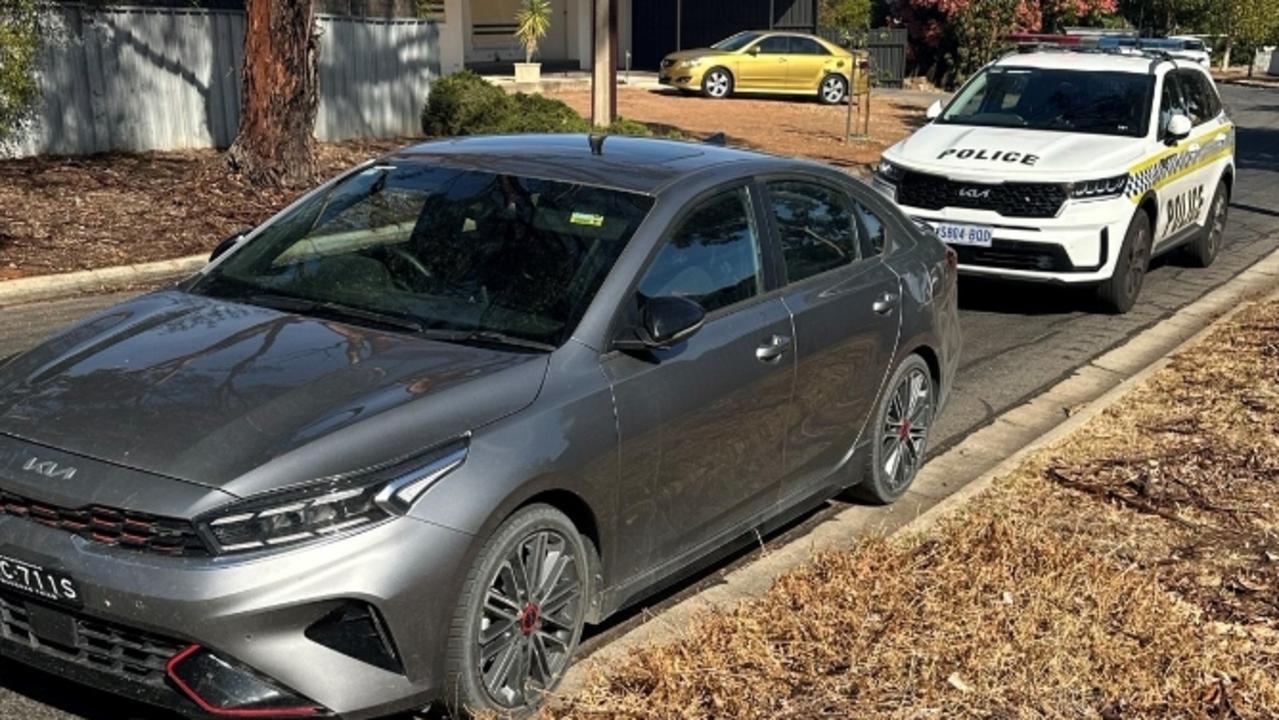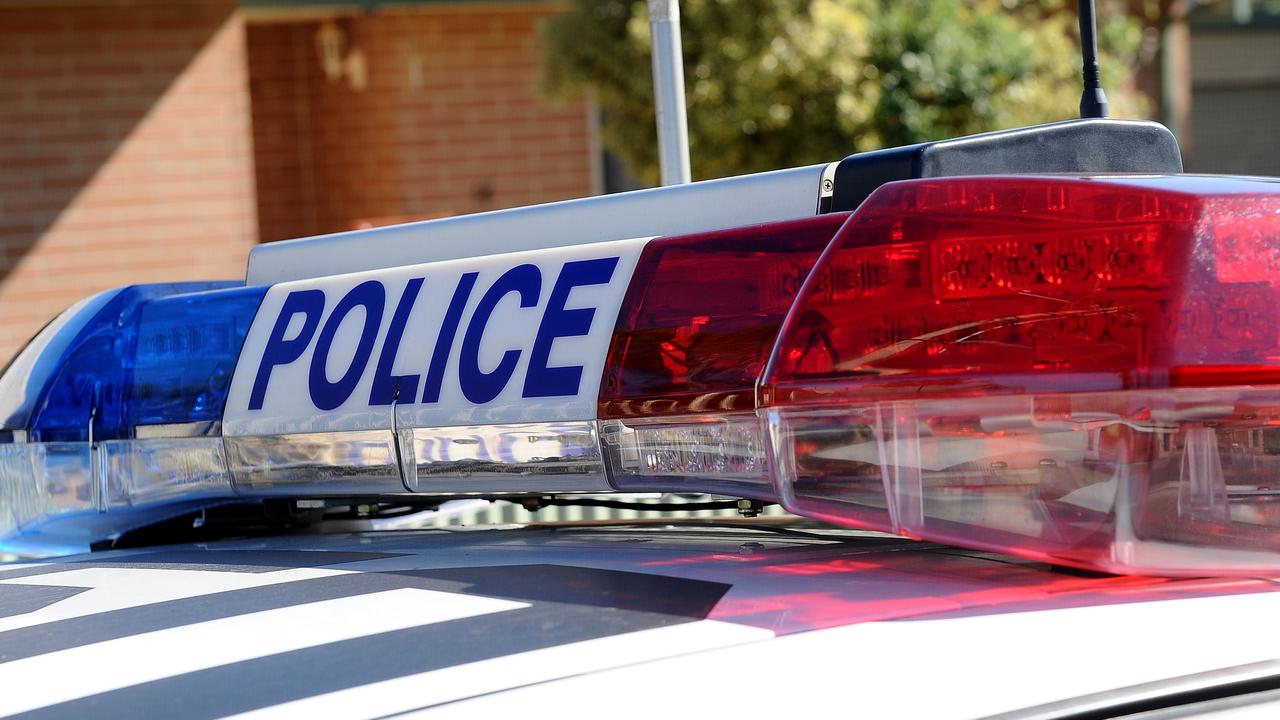Inquest into deaths of Anna Panella, Bernard Skeffington and Graham Jessett, who all died after being ramped in an ambulance
A paramedic who treated a woman who died while being ramped said has told an inquest just what it feels like to be in his position in such cases.
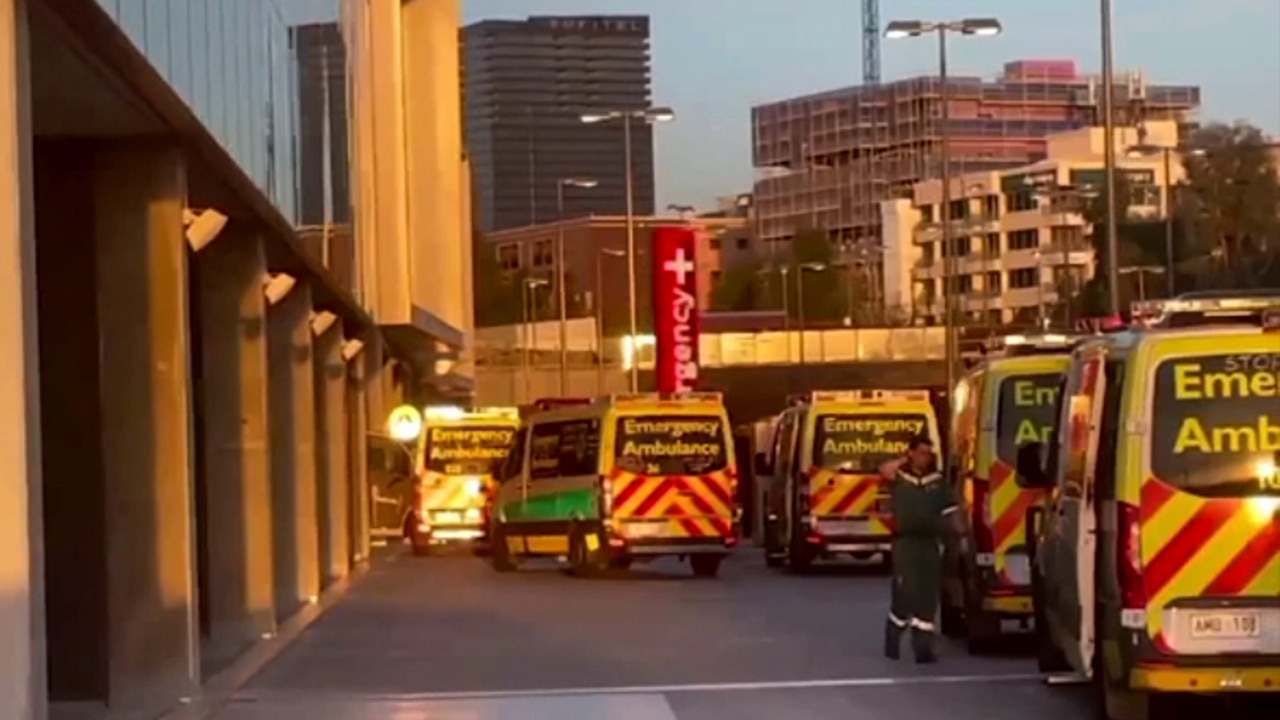
Police & Courts
Don't miss out on the headlines from Police & Courts. Followed categories will be added to My News.
A paramedic who treated a woman who died while being ramped at the Royal Adelaide Hospital said ramping puts a significant strain on the workplace and is the worst part of the job, an inquest has heard.
The inquest, investigating the deaths of Anna Vincenza Panella, 76, Bernard Anthony Skeffington, 89, and Graham Henry Jessett, 64, started this week where it was revealed they all suffered medical complications after being ramped for extended periods of time.
Opening the inquest into the three deaths, counsel assisting Darren Evans said the inquest would investigate why the patients were left waiting for extended periods in ambulance bays at respective hospitals.
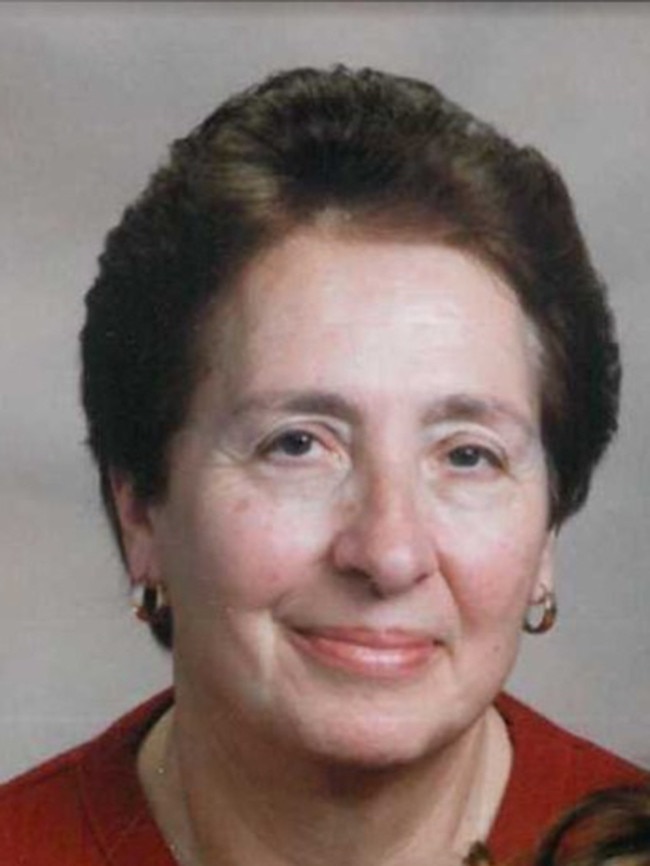
Mr Evans said the inquest will hear how each person was let down by the health system when they needed it most.
Giving evidence on Wednesday, paramedic Darren McInerney who treated Ms Panella told the court the Royal Adelaide Hospital was operating under external triage the day of her death.
When asked whether ramping was one of the worst parts of his job, Mr McInerney responded: “it is the worst part of my job”.
“The single worst part?,” Mr Evans asked.
“Yeah.”
“Is it frustrating?”
“Yes, very much.”
“What makes it so frustrating?”
“I feel sorry for the patients who are ramped, the beds are uncomfortable.”
Mr McInerney said he, and other paramedics, are sometimes required to work over time to remain with their patients while they’re ramped.
“There’s been times we’ve stayed on to look after the patient, because it’s in the patient’s best interest not to transfer them to another crew,” he said.
“Most times they try to get another crew to relieve you so that you can then go and knock off and then they take over the care of the patient.”
Mr Evans asked whether paramedics are ever required to start their shifts by taking over for ramped patients.
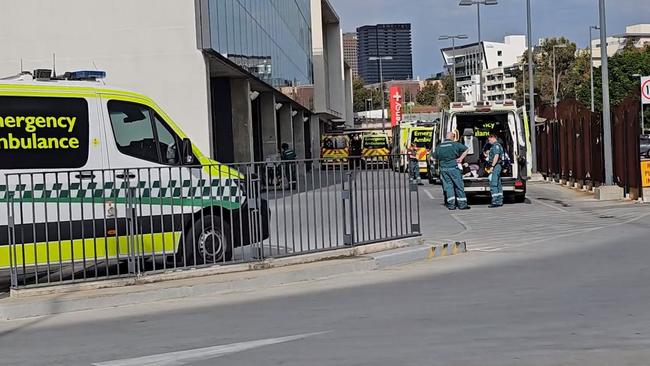
“Correct,” Mr McInerney responded.
“Does it happen often?”
“It happens frequently.”
Mr McInerney described ramping as “frustrating” and believes it is a huge issue that needs to be addressed.
“It’s frustrating,” he said.
“Do you think there are improvements that could be made that would help your role as a paramedic?” Mr Evans asked.
“Yes.”
“Including trying to tackle to issue of ramping?”
“Yes.”
“Do you have a solution for ramping?”
“No I don’t, I wish I did.”
Mr McInerney said while Ms Panella’s high heart rate and respiratory rate were of concern she didn’t display shortness of breath or complain of chest pain until her condition rapidly deteriorated.
“Ms Panella then said ‘I can’t breathe, I can’t breathe, sit me up’,” he said.
Ms Panella was then immediately taken into the resuscitation room 50 minutes after she had arrived at hospital in April 2019.
She suffered several cardiac arrests before being pronounced dead at 12.39am.
A post-mortem examination found Ms Panella died from extensive bilateral pulmonary emboli secondary to left calf deep vein thrombosis.
Mr Skeffington was taken to the Royal Adelaide Hospital on September 25, 2021 after waiting three hours and 42 minutes after calling triple-0.
Mr Evans said a total of three ambulances were dispatched before the one that reached him, with them all being called to jobs considered to be of a higher priority.
“He was taken into the emergency department at 4.01pm, one hour and 43 minutes after arriving at hospital,” he said.
Mr Skeffington was later taken to comfort care where he died on September 29, 2021 as a result of aspiration pneumonia secondary to small bowel obstruction.
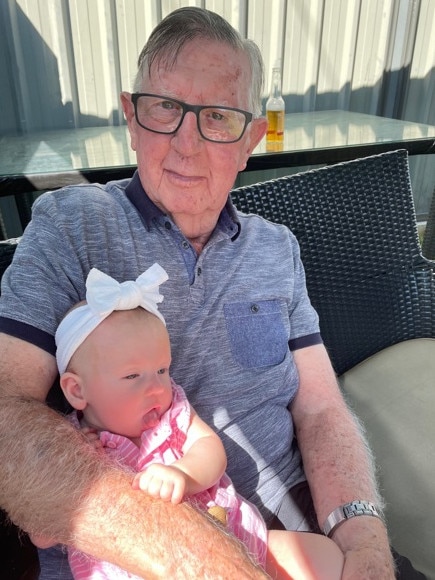
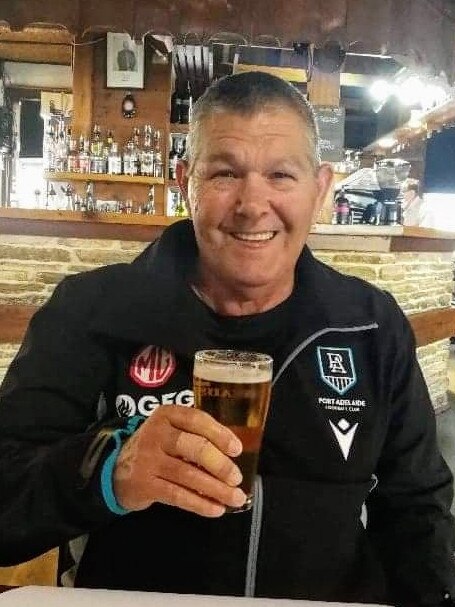
Mr Evans – in discussing Mr Jessett’s circumstances – said he was “ramped” for five hours.
Mr Jessett was a type 1 diabetic and suffering from chronic pulmonary obstructive disease.
“When he sat down, he collapsed onto the (hospital bed) and went into cardiac arrest, CPR commenced immediately”Mr Evans said.
Mr Jessett was pronounced dead at 6pm, after a decision was made to stop resuscitation.
Deputy State Coroner Ian White said an issue throughout the inquest would be determining whether the South Australian Ambulance Service or the respective hospitals were responsible for the patients while they were in an ambulance waiting to be admitted to the emergency department.
The inquest continues.



